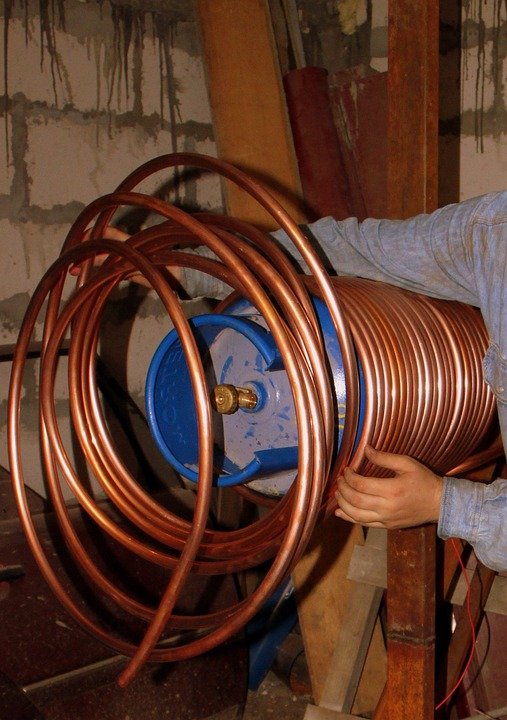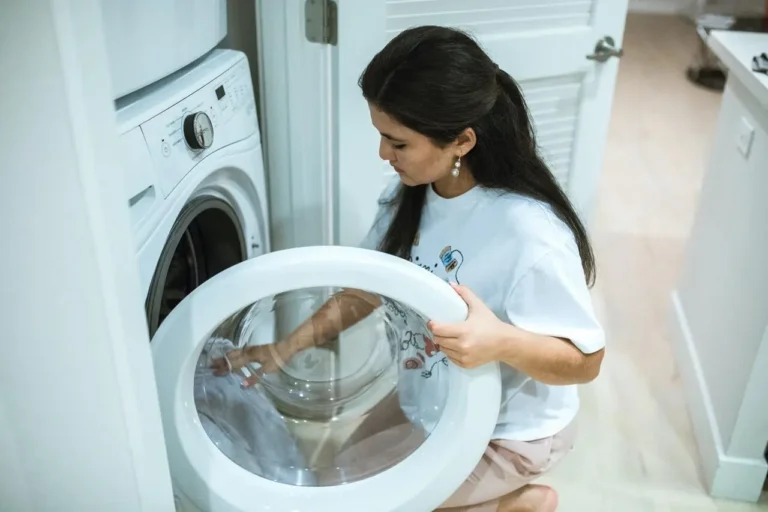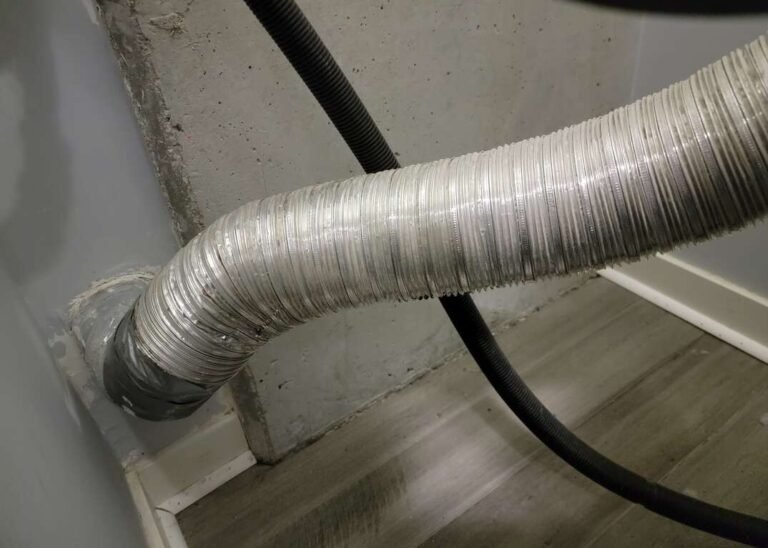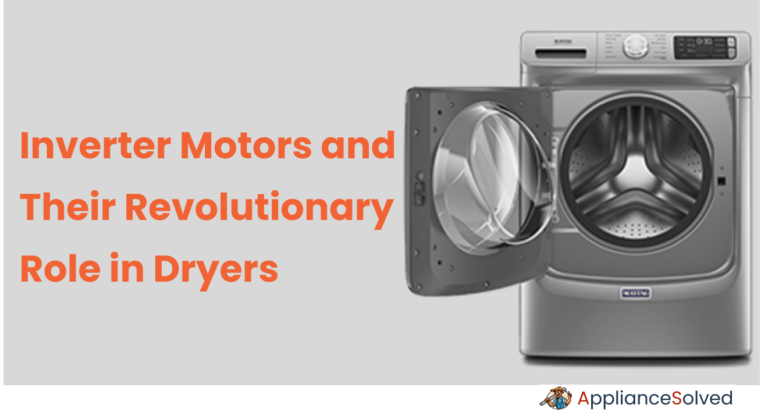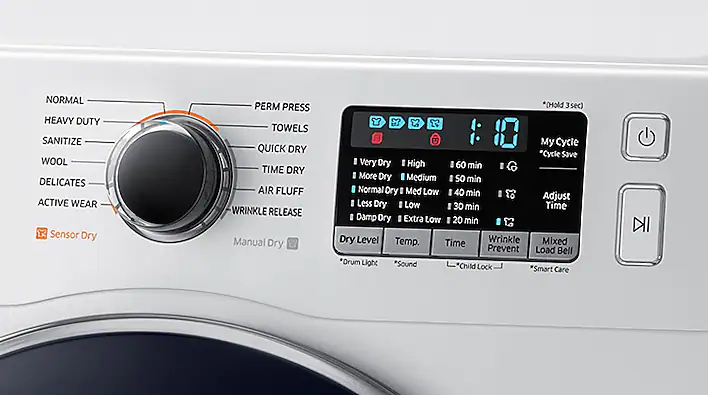The Science Behind Heating Coils: How They Work and Where They’re Used
Heating coils play a crucial role in various heating applications, providing efficient and controlled heat transfer. Whether it is in industrial processes, HVAC systems, or household appliances, heating coils are a key component that ensures optimal performance. In this comprehensive guide, we will explore the intricacies of heating coils, their types, applications, and the benefits they offer. So, let’s delve into the world of heating coils and unravel their importance in different industries.
Types of Heating Coils
Tubular Heating Coils
Tubular heating coils are one of the most common types used in industrial processes and heating systems. These coils consist of a tube, typically made of materials like stainless steel or copper, which houses a heating element. As electricity passes through the heating element, it generates heat, which is then transferred to the surrounding environment. Tubular heating coils are versatile and can be customized to meet specific heating requirements, making them highly efficient and effective.
Finned Heating Coils
Finned heating coils are specifically designed to enhance the heat transfer process. These coils feature extended surfaces or fins attached to the tube, increasing the surface area available for heat exchange. The finned design promotes better airflow and maximizes the overall efficiency of the heating coil. Finned heating coils find applications in a wide range of industries, including refrigeration, air conditioning, and heat exchangers.
Plate Heating Coils
Plate heating coils are an excellent choice when space is limited. Consisting of a flat plate with embedded heating elements, these coils provide uniform heat distribution over a large surface area. Plate heating coils are commonly used in food service equipment, medical devices, and electronics manufacturing, where compactness and efficiency are crucial.
Applications of Heating Coils
Heating coils find applications across various industries, where precise and controlled heating is essential. Here are some notable applications:
HVAC Systems
Heating coils form an integral part of heating, ventilation, and air conditioning (HVAC) systems. They are utilized in air handling units, providing warm air for commercial and residential spaces. HVAC heating coils contribute to creating a comfortable indoor environment by regulating the temperature effectively and efficiently.
Industrial Processes
In industrial settings, heating coils play a pivotal role in processes such as drying, curing, melting, and heat treatment. They are employed in applications ranging from manufacturing and chemical processing to oil refining and food production. With their versatility and precise control, heating coils ensure optimal performance and productivity in various industrial operations.
Household Appliances
From electric ovens and stovetops to water heaters and clothes dryers, heating coils are found in numerous household appliances. These coils provide the necessary heat for cooking, water heating, and drying, making them indispensable in our daily lives. With advancements in technology, heating coils in appliances are becoming more energy-efficient, reducing overall energy consumption.
FAQs about Heating Coils
What are the main advantages of using heating coils?
Heating coils offer several advantages, including precise temperature control, high thermal efficiency, and durability. They can withstand demanding industrial environments and provide uniform heat distribution, ensuring consistent quality and productivity.
How do I choose the right heating coil for my application?
Choosing the right heating coil depends on factors such as the desired temperature range, heating capacity, materials compatibility, and space constraints. It is advisable to consult with heating coil manufacturers who can guide you in selecting the most suitable coil for your specific requirements.
Are there any safety considerations when using heating coils?
Safety is of utmost importance when using heating coils. Proper insulation, grounding, and temperature control mechanisms are essential to prevent accidents and ensure the longevity of the coils. Regular maintenance and adherence to safety guidelines provided by the manufacturer are crucial for safe and efficient operation.
Can heating coils be used in hazardous environments?
Yes, heating coils can be designed to withstand hazardous environments by using materials and coatings that provide resistance to corrosive substances, extreme temperatures, or flammable atmospheres. It is crucial to inform heating coil manufacturers about the specific requirements of your hazardous environment.
How long do heating coils typically last?
The lifespan of heating coils depends on various factors, including the operating conditions, maintenance practices, and the quality of materials used. With proper care and regular maintenance, heating coils can last several years, providing reliable and efficient heating.
Conclusion
Heating coils are versatile components that play a vital role in numerous industries and applications. From maintaining comfortable indoor environments to facilitating industrial processes, these coils offer precision, efficiency, and durability. By understanding the different types of heating coils and their applications, individuals and businesses can harness their benefits effectively. Ensure to choose the right heating coil for your specific needs, prioritize safety, and engage with experienced manufacturers to maximize the performance and longevity of these essential heating elements.

